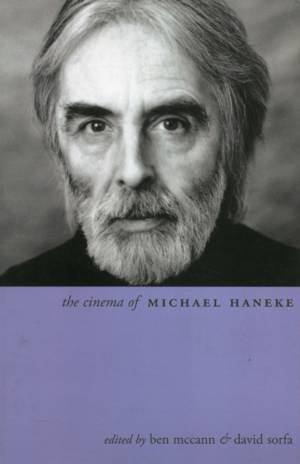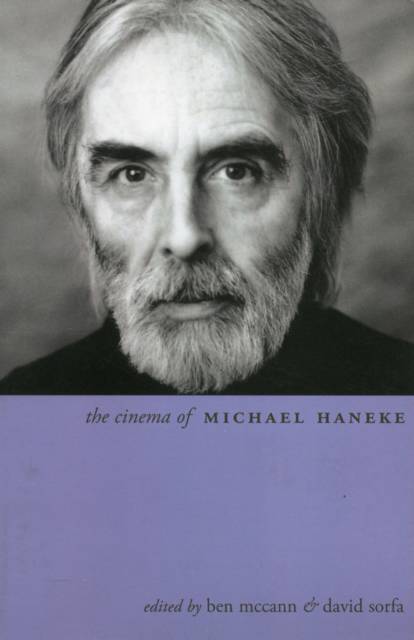
Bedankt voor het vertrouwen het afgelopen jaar! Om jou te bedanken bieden we GRATIS verzending (in België) aan op alles gedurende de hele maand januari.
- Afhalen na 1 uur in een winkel met voorraad
- In januari gratis thuislevering in België
- Ruim aanbod met 7 miljoen producten
Bedankt voor het vertrouwen het afgelopen jaar! Om jou te bedanken bieden we GRATIS verzending (in België) aan op alles gedurende de hele maand januari.
- Afhalen na 1 uur in een winkel met voorraad
- In januari gratis thuislevering in België
- Ruim aanbod met 7 miljoen producten
Zoeken
€ 44,45
+ 88 punten
Omschrijving
Michael Haneke is one of the most important directors working in Europe today, with films such as Funny Games (1997), Code Unknown (2000), and Hidden (2005) interrogating modern ethical dilemmas with forensic clarity and merciless insight. Haneke's films frequently implicate both the protagonists and the audience in the making of their misfortunes, yet even in the barren nihilism of The Seventh Continent (1989) and Time of the Wolf (2003) a dark strain of optimism emerges, releasing each from its terrible and inescapable guilt. It is this contingent and unlikely possibility that we find in Haneke's cinema: a utopian Europe. This collection celebrates, explicates, and sometimes challenges the worldview of Haneke's films. It examines the director's central themes and preoccupations--bourgeois alienation, modes and critiques of spectatorship, the role of the media--and analyzes otherwise marginalized aspects of his work, such as the function of performance and stardom, early Austrian television productions, the romanticism of The Piano Teacher (2001), and the 2007 shot-for-shot remake of Funny Games.
Specificaties
Betrokkenen
- Auteur(s):
- Uitgeverij:
Inhoud
- Aantal bladzijden:
- 256
- Taal:
- Engels
- Reeks:
Eigenschappen
- Productcode (EAN):
- 9781906660291
- Verschijningsdatum:
- 29/05/2012
- Uitvoering:
- Paperback
- Formaat:
- Trade paperback (VS)
- Afmetingen:
- 155 mm x 231 mm
- Gewicht:
- 430 g

Alleen bij Standaard Boekhandel
+ 88 punten op je klantenkaart van Standaard Boekhandel
Beoordelingen
We publiceren alleen reviews die voldoen aan de voorwaarden voor reviews. Bekijk onze voorwaarden voor reviews.









